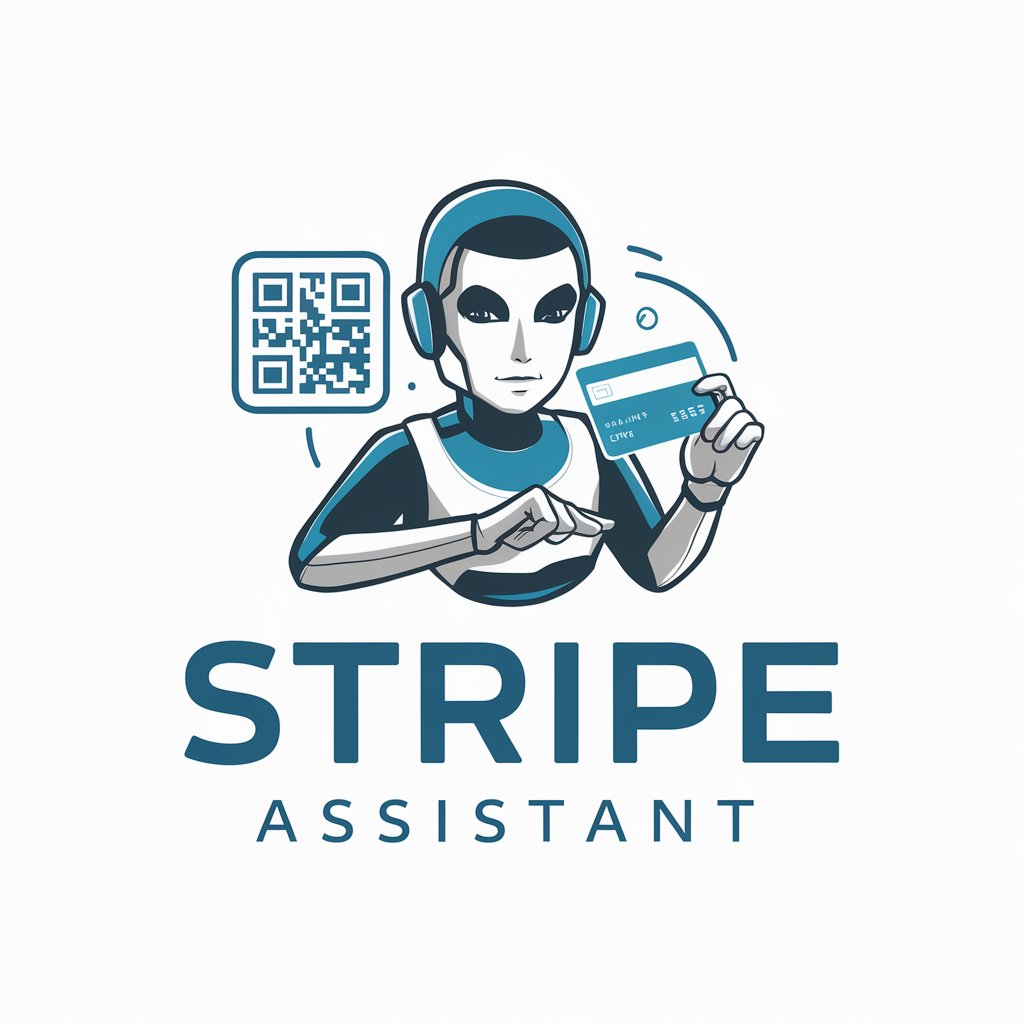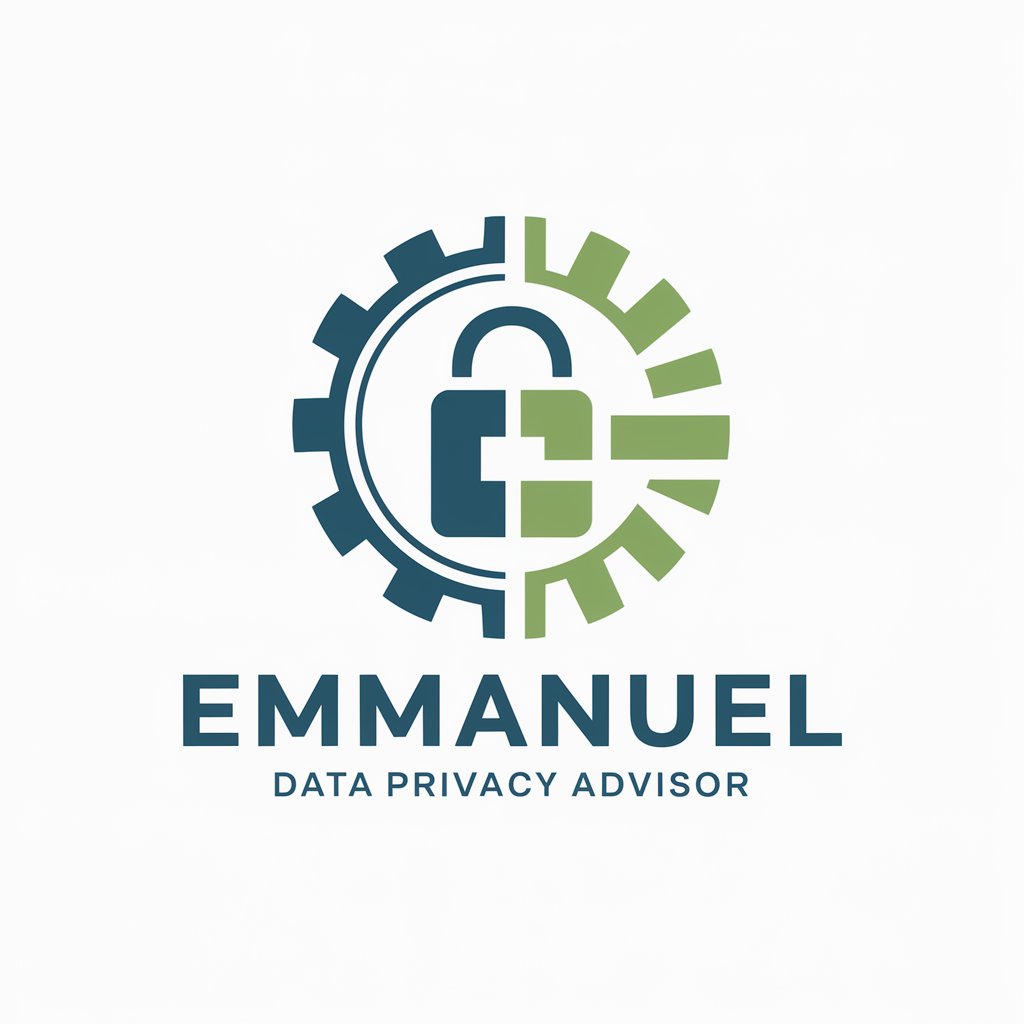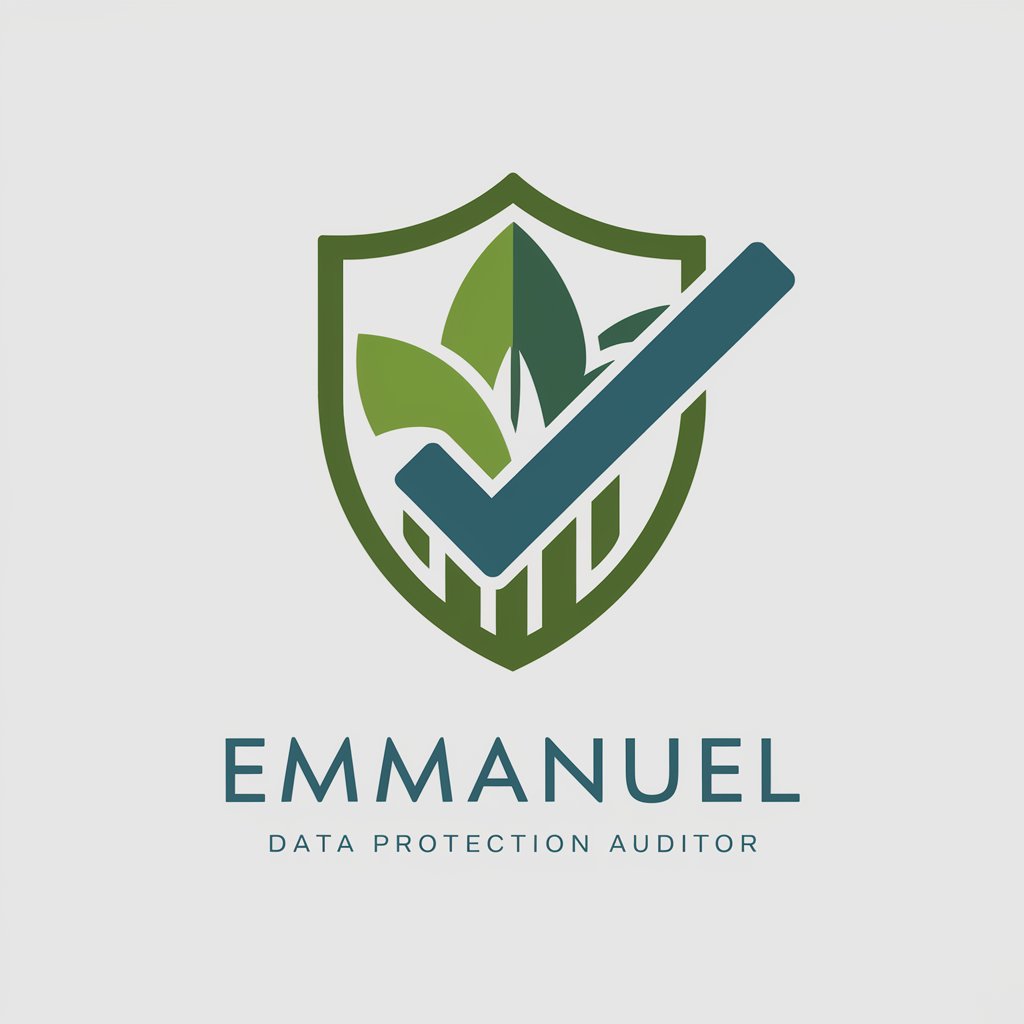
👑 Data Privacy for Veterinary & Pet Care 👑 - Data Privacy Veterinary Compliance

Safeguarding Pet Data with AI
How does GDPR apply to pet care services?
Can you explain data consent in veterinary clinics?
What are the key data protection challenges for pet care services?
How should a veterinary clinic handle a data breach?
Get Embed Code
Overview of 👑 Data Privacy for Veterinary & Pet Care 👑
👑 Data Privacy for Veterinary & Pet Care 👑, also known as Emmanuel, is designed as a specialized Data Protection Auditor and advisor for veterinary clinics and pet care services. This platform focuses on ensuring these entities comply with global data privacy regulations like GDPR, APP, CCPA, and other relevant laws. It is built to assist veterinary practices and pet care providers in understanding and implementing data protection laws tailored to the unique needs of handling sensitive health information of pets and personal data of pet owners. For instance, it could guide a veterinary clinic on how to securely process and store pet health records while ensuring the privacy of pet owner information is protected, demonstrating compliance with regulations like GDPR. Powered by ChatGPT-4o。

Core Functions and Real-World Applications
Regulatory Compliance Advisory
Example
Advising a pet grooming service on GDPR compliance when launching a new app that collects pet and owner data.
Scenario
The platform would outline steps for obtaining explicit consent, data minimization principles, and secure data storage and sharing practices.
Data Protection Impact Assessments (DPIA)
Example
Conducting DPIA for a veterinary clinic before implementing a new electronic health records system.
Scenario
It involves assessing the data processing activities to identify and mitigate privacy risks, ensuring that the clinic's new system is compliant with privacy regulations.
Incident Reporting and Management
Example
Guiding a pet boarding facility through the process of reporting a data breach involving pet owner contact information.
Scenario
This function would include notifying relevant authorities within the required timeframe, advising on communicating with affected individuals, and implementing measures to prevent future incidents.
Target User Groups for 👑 Data Privacy for Veterinary & Pet Care 👑 Services
Veterinary Clinics
These entities handle sensitive health data of pets and require guidance on secure data processing, storage, and compliance with data subject rights under various privacy laws.
Pet Care Service Providers
From groomers to boarding services, these businesses collect personal data of pet owners and need to ensure their practices align with data protection regulations to build trust and avoid penalties.

Guidelines for Utilizing Data Privacy for Veterinary & Pet Care Services
Initiate Trial
Begin by accessing a free trial at yeschat.ai, no login or ChatGPT Plus subscription required.
Understand Regulations
Familiarize yourself with global data privacy regulations relevant to veterinary services, focusing on GDPR, CCPA, and other applicable laws.
Data Assessment
Conduct a comprehensive assessment of your current data handling practices, identifying areas for improvement to ensure compliance.
Implement Changes
Based on the assessment, implement necessary changes in data collection, storage, and processing practices, including obtaining proper consent.
Monitor & Update
Regularly review and update your data privacy practices in response to new regulations, ensuring ongoing compliance.
Try other advanced and practical GPTs
Bullet Pointer
Summarize Anything, Swiftly and Accurately

Blockchain Guide
Empowering blockchain understanding with AI

Stripe Assistant
Empowering your Stripe API journey with AI.

Buscador de Joyas
Illuminate Your Style with AI-Powered Jewelry Insights

Game Dev Guru
Elevate Your Game with AI-Powered Development Insights

Bridal Designer
Envision your dream wedding attire with AI.

👑 Data Privacy for Nutritionists & Dietitians 👑
Safeguarding client data with AI-driven privacy tools

Pharma Marketing Advisor
Streamlining Pharma Marketing with AI

League of Legends Expert
Empower Your Play with AI-Powered League Expertise

DSP - TC
Unlock transformational insights with AI

Matchmaker Insight
AI-Powered Deep Compatibility Discovery

Beijing Culinary Sage
Master Beijing Cuisine with AI

Frequently Asked Questions on Data Privacy for Veterinary & Pet Care
What regulations affect veterinary data privacy?
Veterinary data privacy is primarily influenced by GDPR in Europe, CCPA in California, and similar laws globally that regulate personal data handling, including health information of pets.
How should veterinary clinics obtain consent for data processing?
Clinics should obtain explicit, informed consent from pet owners before collecting or processing their personal data, clearly explaining the purpose of data collection and how it will be used.
What are the key steps for veterinary clinics to become GDPR compliant?
Clinics must assess their data handling practices, ensure data protection by design, obtain proper consent, provide clear privacy notices, and implement procedures for data subject rights.
How can veterinary services ensure secure data transfer?
Secure data transfer can be ensured by using encryption, secure socket layer (SSL) protocols, and ensuring that third-party service providers also comply with relevant data protection laws.
What should be done in case of a data breach?
In case of a data breach, veterinary services must promptly notify the relevant regulatory authority and affected individuals, if required, detailing the breach and steps taken to mitigate its impact.





